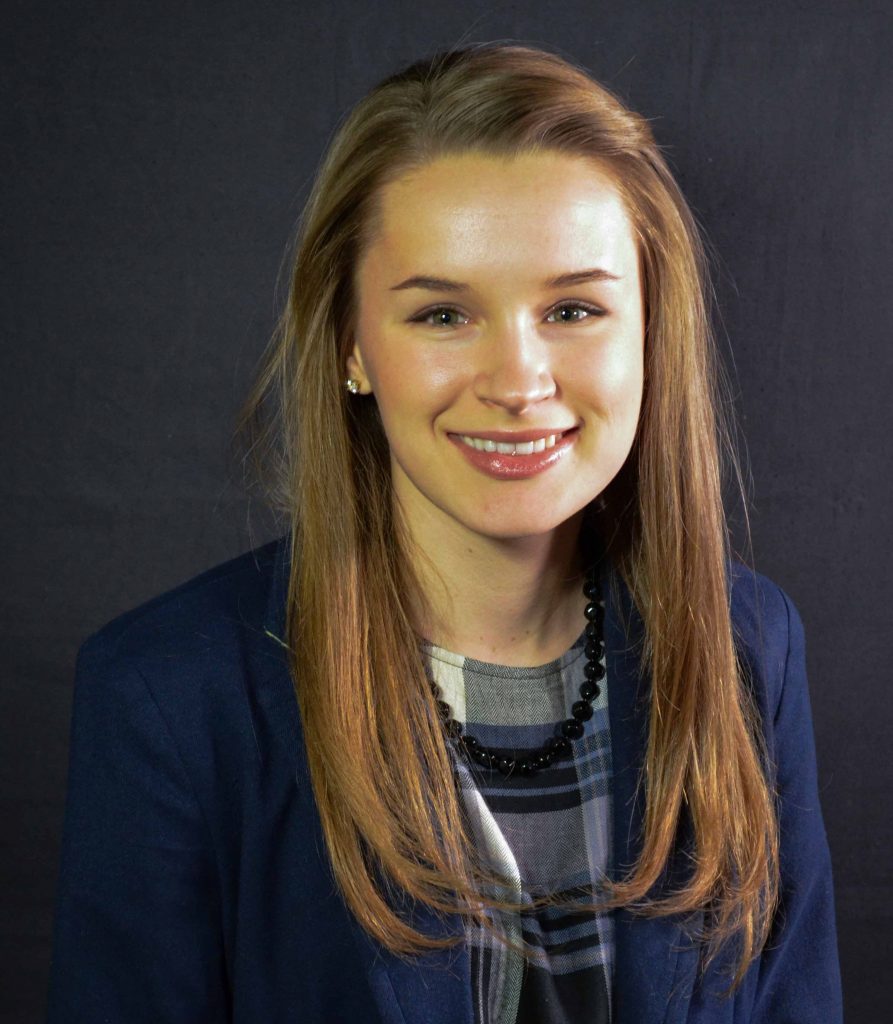“I’m studying to become a Dietitian!” I say with a hearty piece of chocolate cake in hand. Instinctively my conversation partner’s eyes shift to check what is on my plate. I look down too, and jokingly remark that I always seem to have a piece of cake in hand when I tell people my professional goals. I feel somewhat conflicted as outsiders seem to conduct a mental evaluation of my words and actions, silently deeming me as “dietitian material” or not.
Have you, as a nutrition professional, found yourself in a situation that brought up similar feelings? In a field with varied opinions, ever-emerging trends, and continually unfolding research, public perception of dietetics, and dietitians themselves, can be far from accurate. Many expect dietitians to have the “perfect” eating habits, unflawed by any of the foods deemed “off-limits” by the media’s current diet trend.
We know that not only is the field of dietetics extremely varied in practice, but dietitians themselves vary in beliefs, specialization, and lifestyle choices. While many assume that we prescribe meal plans and food rules for clients who come seeking weight loss, we know that our profession is far more than what meets the public eye.
Clinical dietitians support the vitality of their patients by providing artificial nutrition when their ability to chew and swallow is impaired. Dietitians in the public health realm provide education backed by scientific research, provide nutritious food for those who may not have a means to it otherwise, and promote equitable access to proper nutrition for all through public policy. Foodservice dietitians provide their expertise in running safe foodservice establishments from the hospital tray lines to university dietetic learning labs. And yes, there is a very dedicated force of dietitians committed to helping individuals learn balanced dietary habits for life, especially individuals at risk of or suffering from chronic disease. And the list could go on!
However, our profession is often misunderstood. From my experience, these misunderstandings come up most often in conversation with friends and family, frequently around the dinner table. It never takes long for questions about the Keto diet, non-GMO, or organic foods to surface. These questions are often spurred by the latest diet trend featured in social media or the newest products lining grocery store aisles.
So, let’s open the conversation among Utah RDNs. Comment below with your thoughts on the following questions, or pose a question of your own.
- In the current climate that is hot with nutrition debate, how do you accurately represent your profession?
- How do you promote the breadth, depth, and competency of the training behind the title RDN?
- Many expect us to “know it all” when it comes to nutrition. How do you respond to nutrition queries, especially those that fall outside your scope of practice?
- Do you find yourself keeping quiet when the conversation turns to the latest nutrition trend, or are you happy for the opportunity to shed some light? Why?
- How do you model/explain your personal approach to nutrition to friends, family, or the public’s examining eye?
— Annie Wagner completed the undergraduate BYU didactic program in dietetics in 2018 and will graduate from BYU in December with a Master of Science in Nutritional Science and Dietetics. She has interest in public health and nutrition education, and likes to cook in her free time. Annie lives in Lehi, UT with her husband and baby boy.
Photo by Alexis Brown on Unsplash


